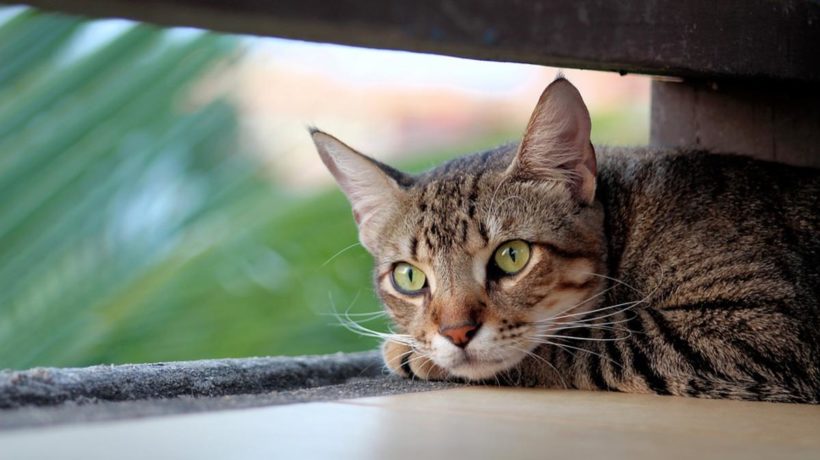First, the spoiler: At this time, the Centres for Disease Control and Prevention (CDC) in the US says, “There is no evidence that pets play a role in spreading the virus.” So if you were worried about catching COVID-19 from Fido or Fluffy, there’s no need to panic. The CDC adds in a recent media release that there is “no justification in taking measures against companion animals that may compromise their welfare.”
That said, public health officials are still learning about COVID-19 and the coronavirus that causes it, and there’s a lot they don’t know. Earlier this week, the CDC announced that two pet cats had tested positive for the coronavirus, making them the first confirmed pet cases in the United States. The cats lived in different parts of New York city, the agency says.
In a separate incident, researchers at Duke University claim to have detected the virus for the first time in a dog, but those findings haven’t been confirmed by the U.S. Agriculture Department, The New York Times reports.
In light of this, the CDC has put out a bullet list of recommendations for pet owners that sounds a lot like social distancing. The agency notes that these guidelines are just precautions to take until researchers can learn more, and that “further studies are needed to understand if and how different animals, including pets, could be affected.” The guidelines include:
- “Do not let pets interact with people or other animals outside the household.”
- “Keep cats indoors when possible to prevent them from interacting with other animals or people.”
- “Walk dogs on a leash, maintaining at least 6 feet from other people and animals.”
- “Avoid dog parks or public places where a large number of people and dogs gather.”
WHAT IF I HAVE COVID-19?
The CDC also has a separate list of guidelines for people who have COVID-19 or are suspected of having it. In that case, the agency recommends pet owners “restrict contact with your pets and other animals, just like you would around other people.” It states slso:
- “When possible, have another member of your household care for your pets while you are sick.”
- “Avoid contact with your pet, including petting, snuggling, being kissed or licked, and sharing food or bedding.”
- “If you must care for your pet or be around animals while you are sick, wear a cloth face covering and wash your hands before and after you interact with them.”
Finally, the CDC also has an extensive list of frequently asked questions about animals and the coronavirus. You can check that out by visiting this page.







